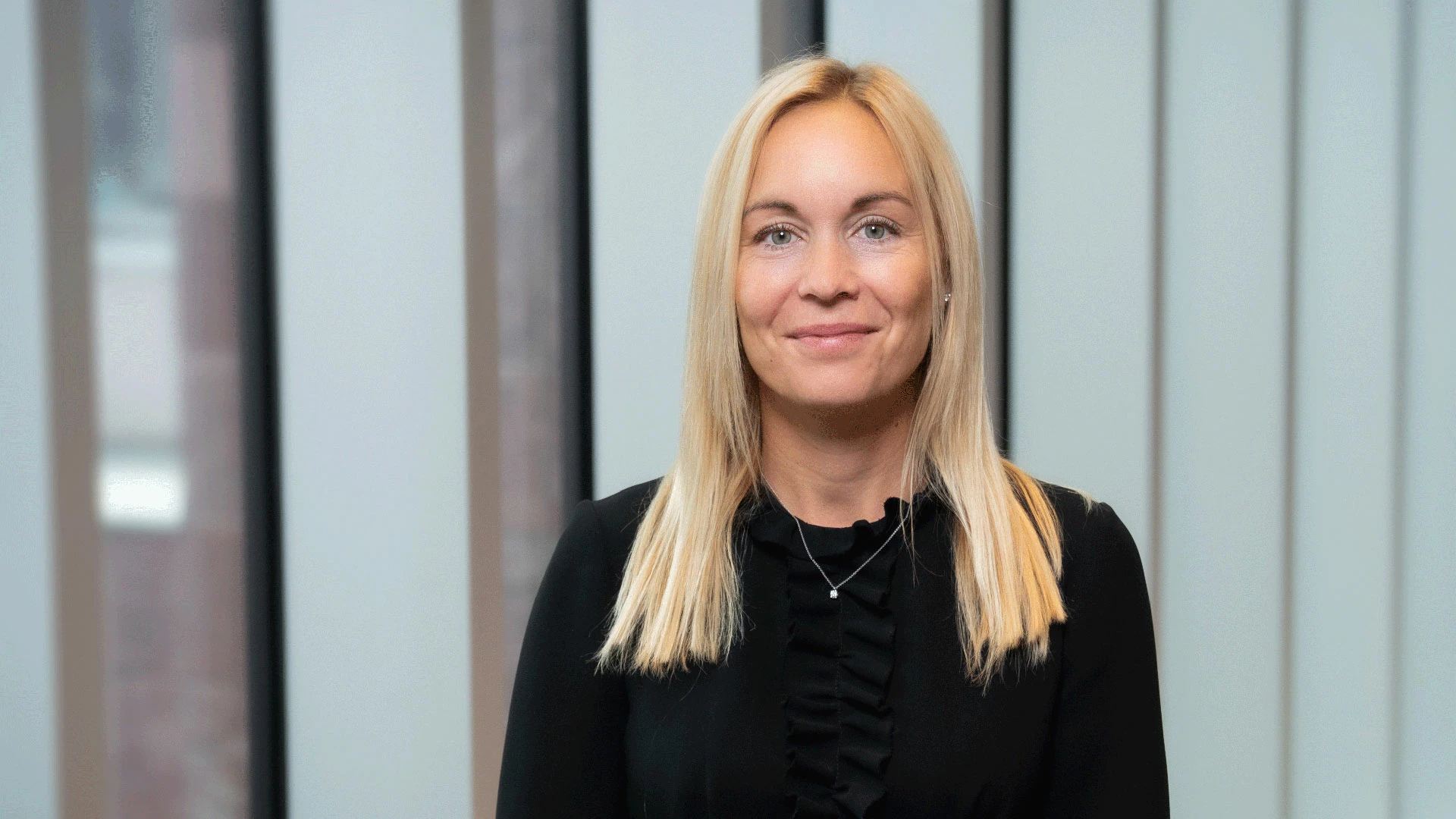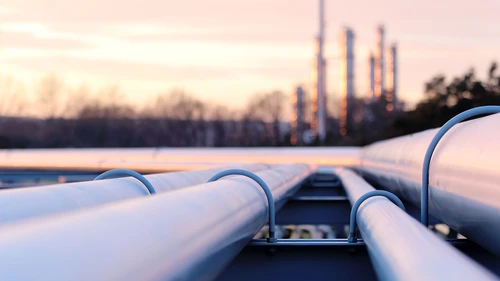Facts about the dialouges
IIHC asks chemical companies to:
Increase transparency
To help investors appraise relevant risks at the company, disclose both the share of revenue and production volume of products that are, or contain, hazardous chemicals. This information should cover all operations (including subsidiaries) worldwide.
Publish a time-bound phase-out plan of products that are, or contain, persistent chemicals
The phase-out plan should include a realistic road map with clear KPIs to track progress.
Develop safer alternatives for hazardous chemicals
Following a robust evaluation, substantially ramp up R&D and investment in the development of safer alternatives. Although a universally accepted definition of safer alternatives is still pending, safer products that substitute the use of hazardous chemicals and support accelerated phase-out are likely to present a significant opportunity for value creation.



